
Five Reasons Why Vegans Now Get Cheaper Life Insurance
Mounting evidence suggests those on a plant-based diet live longer
There are many studies showing how a vegan diet cuts the risk of various diseases and now insurance companies are catching on too.
One insurance company offering vegans lower life insurance rates is US-based HealthIQ, and they go into detail as to why those following plant-based diets deserve to pay less for life insurance.
The majority of the top ten causes of death in the United States have a direct relationship to diet and can be protected against by the vegan lifestyle: cardiovascular disease (CVD) at number one, cancer at number two, stroke at number four, Alzheimer’s at number six, diabetes at number seven and kidney disease at number nine.
The vegan lifestyle protects against each of these potentially deadly diseases in many important ways.
Here are the top five deadly diseases veganism protects against:
1) Lower Risk of Hypertension
According to a 2012 study published by Public Health Nutrition Journal, vegans have a 63% lower risk of hypertension than non vegetarians.
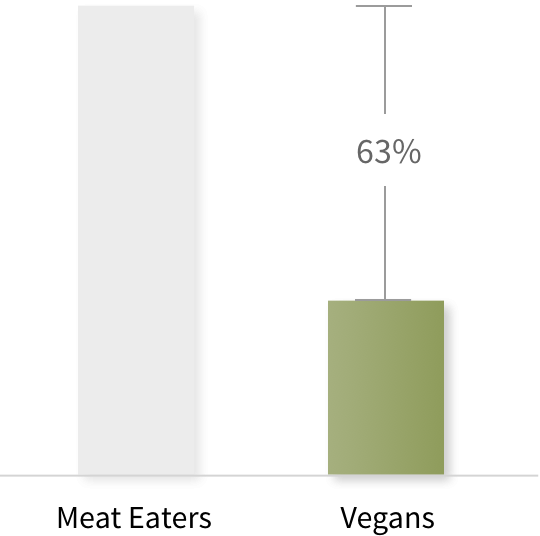
This 2012 study compared hypertension risk of vegans versus as compared to other vegetarian groups and non-vegetarians. The study concluded that vegans have lower systolic and diastolic blood pressure(BP) resulting in 63% lower risk of hypertension than omnivores. Lower body mass, non-animal protein sources, and higher potassium and fiber intake all contribute to this reduction in risk for vegans.[1]
2) Lower Risk of Cancer
According to a 2016 study in the Critical Reviews in Food Science and Nutrition, vegans have a 15% lower incidence of all types of cancer, 34% lower risk of female-specific cancer and 22% lower risk of colorectal cancer.

In a study that included 56,000 vegan participants, vegans had significantly lower levels of cancer when compared to non-vegans. The reasons for the beneficial effects of veganism on cancer lie mainly on the lower intake of total and saturated fats in a vegan diet. Reduced cancer risk is also associated with vegans' large consumption of foods known to decrease cancer risk, such as soybean, legumes, nuts and vegetable oils. Additionally, vegans can absorb more carotenoids, disease-fighting pigment, and polyphenols, that help prevent degenerative diseases like cancer.[2]
3) Lower Risk of Diabetes
According to a 2009 study published in Diabetes Care Journal, vegans have a 49% lower risk of type 2 diabetes.
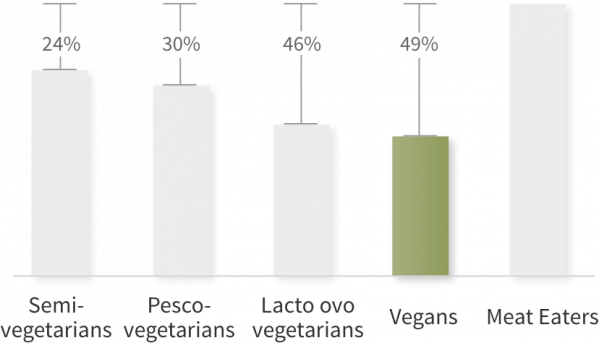
The 5-unit BMI difference between vegans and non-vegans indicates a substantial potential of veganism to protect against obesity and diabetes. In the study, inclusion of any meat or fish, even on a less than weekly basis, seems to limit some of the protection associated with a vegan diet. The study also concluded that the portfolio of foods found in vegan diets may carry metabolic advantages helping reduce type 2 diabetes risk by 49%.[3]
4) Lower Risk of Alzheimer's
According to The Journal of the Alzheimer's Association, a diet focused on extra leafy green vegetables, fiber, fruits and berries is associated with a 53% reduced incidence of Alzheimer's disease, particularly in those predisposed.

Researchers recently showed the association between a plant-based diet and a significantly lower risk of developing Alzheimer's desease (AD). The diet included at least three servings of whole grains, a salad and one other vegetable everyday. It also involved snacking most days on nuts and eating beans every other day or so, berries at least twice a week.[4]
5) Lower Risk of Cardiovascular Disease
According to a 2013 study published by Journal of the American Medical Association, vegans have a 9% lower risk of cardiovascular disease compared to meat eaters.

Hardened arteries are a direct cause of heart attacks and strokes. A study featured in the American Journal of clinical Nutrition proved vegans to have the most elastic arteries of any selection group tested. Vegan diets are devoid of animal products, thus resulting in significantly lower consumption levels of total fat, saturated fat and cholesterol. All of these factors contribute to vegans having a lower risk of CVD disease. Popular vegan substitutes like soy beans, legumes, nuts, and veggie oils are also known to actively decrease CVD risks, blood pressure, and cholesterol levels, leaving blood vessels elastic and blockage free.[5]
More Energy and Greater Vitality
Vegans already know there are many benefits that come with their lifestyle: low rates of disease, lower blood pressure, a sustainable and healthy diet, environmentally friendly living, a life free of needless animal cruelty, more energy and greater vitality.
Perhaps the most significant health result of the diet is the 15% lower mortality rate vegans enjoy.
The latest research in nutrition continues to show the negative health impact of meat consumption. Earlier this year the largest study conducted so far revealed that people who ate the most red meat were 26 percent more likely to die of nine major diseases than those who consume the least. Major health organisations like The American College of Cardiology are taking notice and are now recommending a plant-based diet citing up-to-date research showing plant-protein is significantly more heart-healthy than animal protein.
The groundbreaking documentary What The Health available on Netflix details some of the detrimental effects of consuming animal products and is a great place to start learning about how to improve your health.
Research published last year by Oxford University showed the global adoption of a vegan diet would save 8 million human lives by 2050.
References
1. http://www.ncbi.nlm.nih.gov/pmc/articles/PMC3443300/?report=reader
2. http://www.ncbi.nlm.nih.gov/pubmed/26853923
3. http://www.ncbi.nlm.nih.gov/pmc/articles/PMC2671114/pdf/zdc791.pdf
4. http://www.alzheimersanddementia.com/article/S1552-5260(15)00017-5/abstract
5. http://www.ncbi.nlm.nih.gov/pmc/articles/PMC4191896/pdf/nihms632677.pdf
Subscribe!
Love this content?
Receive our awesome newsletter straight to your Inbox!

 Your email address will always stay private.
Your email address will always stay private.


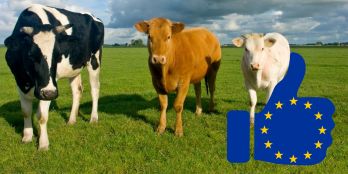




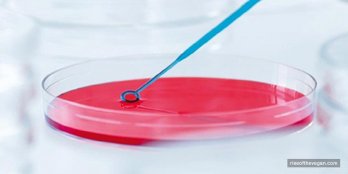
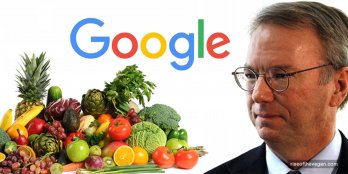
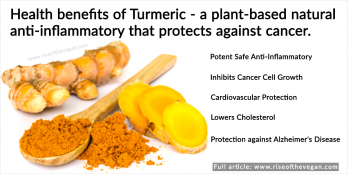






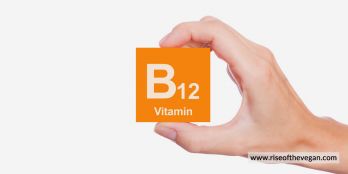





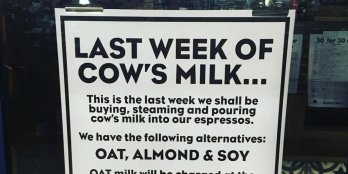
Comments